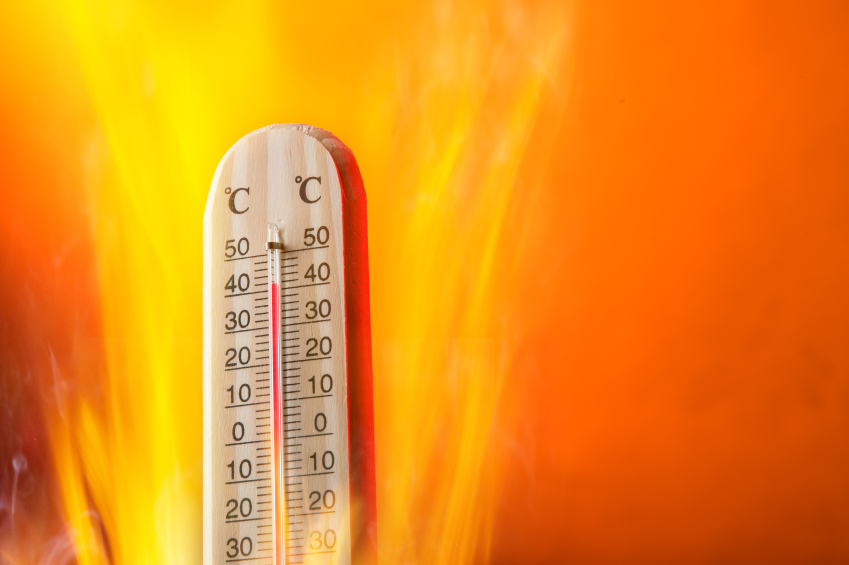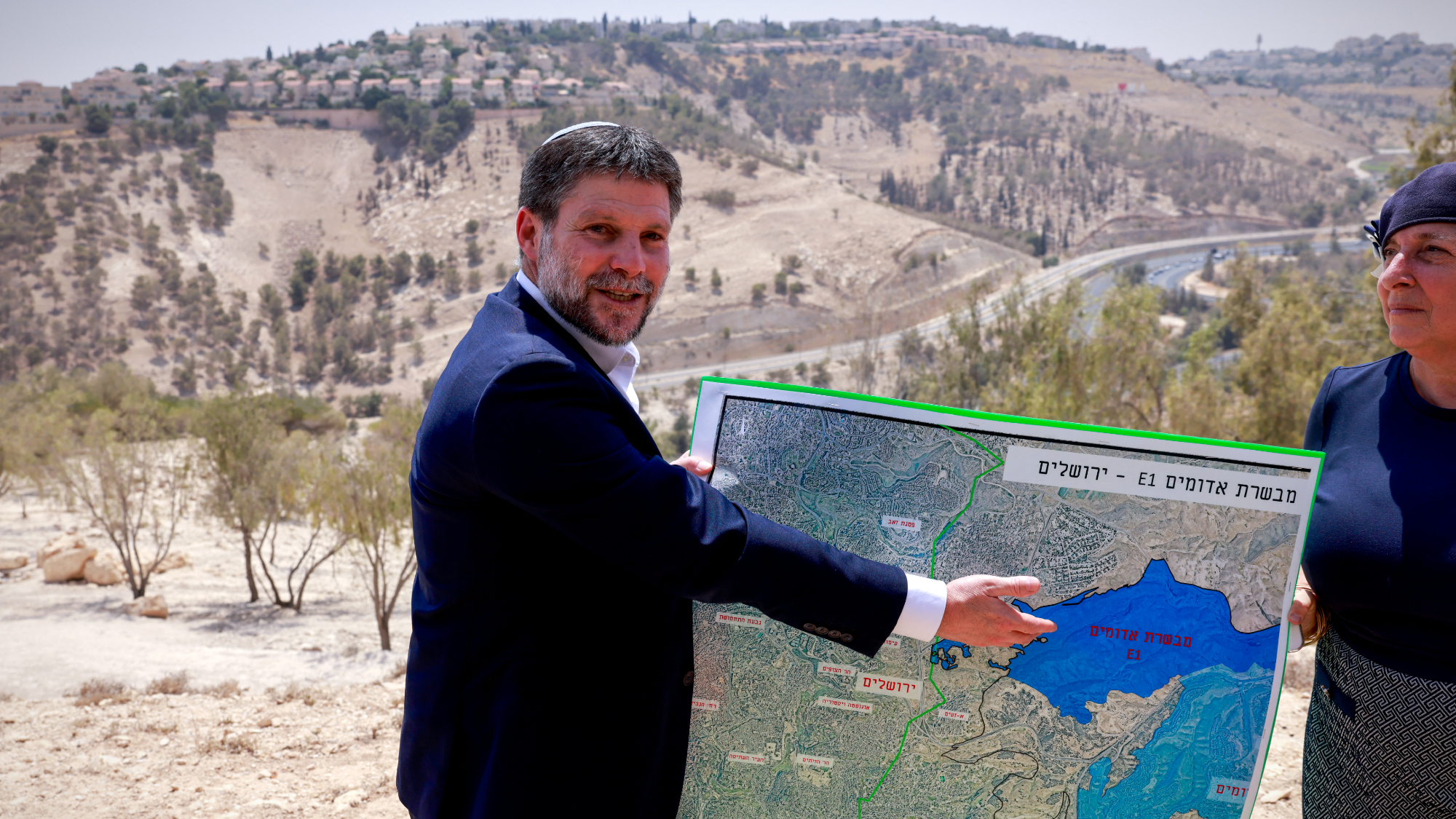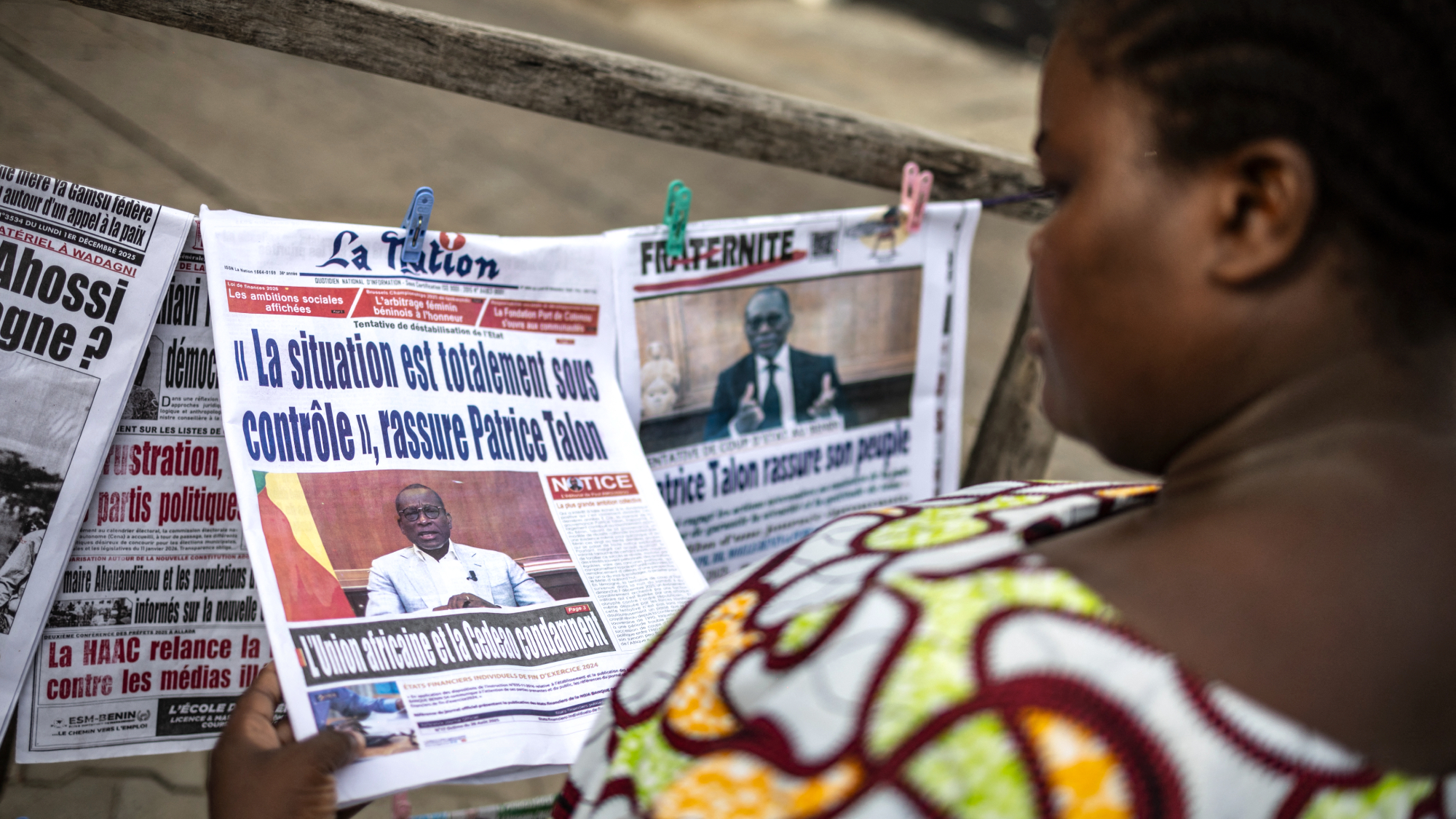The chances of a record-hot year without manmade climate change? About 0.01 percent.

Mankind is about to have that much tougher a time shirking the blame for recent global heat records, thanks to a new study published in the journal Scientific Reports. Researchers' statistical analysis reveals that there's just a 0.01 percent chance that the recent slew of record-breaking temperatures can be attributed to nature. "Natural climate variations just can't explain the observed recent global heat records, but manmade global warming can," researcher Stefan Rahmstorf told The Guardian.
Of the 15 hottest years on a 150-year-long record, 13 have occurred since 2000, and 2015 was recently declared the hottest year ever recorded. "It has led to unprecedented local heatwaves across the world, sadly resulting in loss of life and aggravating droughts and wildfires," Rahmstorf said of the recent heat's impacts. "The risk of heat extremes has been multiplied due to our interference with the Earth system, as our analysis shows."
This study bolsters a 2013 study by the United Nations' Intergovernmental Panel on Climate Change that found with "95 percent certainty" that humans are the chief culprit of climate change.
The Week
Escape your echo chamber. Get the facts behind the news, plus analysis from multiple perspectives.

Sign up for The Week's Free Newsletters
From our morning news briefing to a weekly Good News Newsletter, get the best of The Week delivered directly to your inbox.
From our morning news briefing to a weekly Good News Newsletter, get the best of The Week delivered directly to your inbox.
A free daily email with the biggest news stories of the day – and the best features from TheWeek.com
-
 Israel approves new West Bank settlements
Israel approves new West Bank settlementsSpeed Read The ‘Israeli onslaught has all but vanquished a free Palestinian existence in the West Bank’
-
 US offers Ukraine NATO-like security pact, with caveats
US offers Ukraine NATO-like security pact, with caveatsSpeed Read The Trump administration has offered Ukraine security guarantees similar to those it would receive from NATO
-
 Hong Kong court convicts democracy advocate Lai
Hong Kong court convicts democracy advocate LaiSpeed Read Former Hong Kong media mogul Jimmy Lai was convicted in a landmark national security trial
-
 Australia weighs new gun laws after antisemitic attack
Australia weighs new gun laws after antisemitic attackSpeed Read A father and son opened fire on Jewish families at Sydney’s Bondi Beach, killing at least 15
-
 How Bulgaria’s government fell amid mass protests
How Bulgaria’s government fell amid mass protestsThe Explainer The country’s prime minister resigned as part of the fallout
-
 Benin thwarts coup attempt
Benin thwarts coup attemptSpeed Read President Patrice Talon condemned an attempted coup that was foiled by the West African country’s army
-
 Femicide: Italy’s newest crime
Femicide: Italy’s newest crimeThe Explainer Landmark law to criminalise murder of a woman as an ‘act of hatred’ or ‘subjugation’ but critics say Italy is still deeply patriarchal
-
 Brazil’s Bolsonaro behind bars after appeals run out
Brazil’s Bolsonaro behind bars after appeals run outSpeed Read He will serve 27 years in prison

